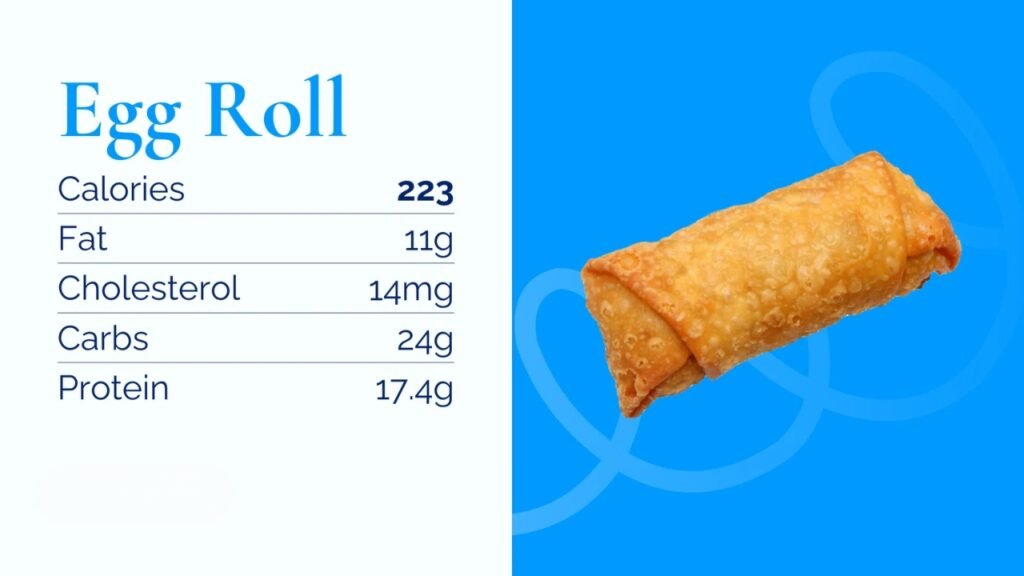Diet Coke Nutrition: Is It Really Healthy?

Diet Coke has been a staple within the beverage industry for decades, cherished by those seeking a low-calorie alternative to regular soda. When it comes to Diet Coke nutrition, many people are curious about what’s actually in the can and how it affects their health. While it’s often considered a healthier option compared to traditional sugary sodas, Diet Coke contains artificial sweeteners and other ingredients that may raise questions. In this article, we’ll dive into the nutritional profile of Diet Coke, examine the impact of its ingredients, and explore what experts have to say about its health effects.
The Nutritional Breakdown of Diet Coke
When you pick up a can of Diet Coke, the first thing you’ll notice is its low-calorie count. But what exactly are you consuming when you sip on this sugar-free soda? To understand Diet Coke nutrition, we need to look at its core ingredients and their nutritional content.
Zero Calories, Zero Sugar
The primary appeal of Diet Coke is that it contains no sugar and very few calories. A standard 12-ounce can of Diet Coke typically contains 0 calories, 0 grams of sugar, and no fat. This makes it an attractive option for those looking to reduce their calorie intake while still enjoying a refreshing, fizzy beverage. Unlike regular sodas, which are packed with sugar and can contribute to weight gain and other health issues, Diet Coke offers a way to indulge without consuming empty calories.
The Role of Artificial Sweeteners
To replace sugar, Diet Coke relies on artificial sweeteners like aspartame, which is 200 times sweeter than sugar, and acesulfame potassium. These sweeteners are calorie-free but provide the same sweet taste. The use of artificial sweeteners in Diet Coke has sparked ongoing debates about their safety and health effects. Many studies have shown that aspartame is safe for the majority of the population, but others have raised concerns about its long-term use and potential side effects.
“While studies generally show that aspartame is safe for consumption in the amounts used in soft drinks, there are some individuals who may be sensitive to it,”
says Dr. Jennifer Miller, a registered dietitian.
“For the general population, it appears to be a safe option when consumed in moderation.”
Key Ingredients in Diet Coke: What Are They?
Understanding Diet Coke’s nutritional makeup goes beyond just the sweeteners. Let’s take a closer look at some of the key ingredients that make up this popular soft drink.
Carbonated Water
The base of Diet Coke is carbonated water, which provides the refreshing fizz that many consumers enjoy. Carbonation occurs when carbon dioxide gas is dissolved into water, creating bubbles. While carbonated water itself has no calories or sugar, it can cause some people to experience bloating or gas. However, it is generally considered safe to consume in moderate amounts.
Caffeine
Another key ingredient in Diet Coke is caffeine, which contributes to the beverage’s energizing effects. A 12-ounce can of Diet Coke contains about 46 milligrams of caffeine, which is significantly less than a cup of coffee (which usually contains about 95 milligrams per 8-ounce serving). For those who enjoy the mild energy boost of caffeine without the jitters that coffee can sometimes cause, Diet Coke offers a moderate option.
Caffeine can be a double-edged sword. While it can improve alertness and focus, excessive consumption may lead to side effects like insomnia, anxiety, or elevated heart rate. For most people, however, moderate caffeine intake is considered safe.
Phosphoric Acid
Phosphoric acid is used in Diet Coke to enhance its flavor and preserve its shelf life. This ingredient is also found in many other soft drinks. While phosphoric acid is generally recognized as safe for consumption by the U.S. Food and Drug Administration (FDA), some studies suggest that high intake of phosphoric acid may contribute to lower bone density over time. However, the amounts found in Diet Coke are relatively small and unlikely to cause harm when consumed occasionally.
Caramel Color
Caramel color gives Diet Coke its signature dark hue. This colorant is made by heating sugar in the presence of acid or alkali, creating a complex mixture of compounds. Some forms of caramel color, particularly the ones used in sodas, have been associated with potential health risks due to the presence of a compound called 4-methylimidazole (4-MEI), which is produced during the manufacturing process.
While the FDA regulates the amount of 4-MEI in food and beverages, concerns remain about its potential carcinogenic effects. However, the amount of 4-MEI in Diet Coke is considered to be well below the levels associated with cancer risks, according to regulatory agencies.
Sodium
Diet Coke contains a small amount of sodium, typically around 40 milligrams per can. While this is relatively low, it’s worth considering if you are sensitive to sodium or trying to reduce your sodium intake for health reasons. High sodium consumption can contribute to high blood pressure and other cardiovascular problems, so it’s important to monitor your overall sodium intake from all sources, including soft drinks.
The Health Impact of Diet Coke
One of the most significant concerns regarding Diet Coke is its potential impact on health. While the drink is often marketed as a healthier alternative to sugary sodas, it’s important to understand how its ingredients might affect the body over time.
Weight Management
Diet Coke is often chosen by people who are trying to lose weight or maintain a healthy weight, as it contains no calories. However, research on whether artificial sweeteners actually aid in weight loss is mixed. Some studies suggest that artificially sweetened beverages like Diet Coke can lead to increased cravings for sweet foods, which could ultimately contribute to overeating and weight gain. Other studies have shown no significant effect on weight, suggesting that Diet Coke may be a helpful tool in calorie control for some individuals, while not for others.
Metabolic Health
There is some evidence suggesting that consuming diet sodas like Diet Coke regularly might have an impact on metabolic health. A study published in the Journal of the American Geriatrics Society found that long-term consumption of artificially sweetened beverages was associated with a higher risk of metabolic syndrome, a cluster of conditions that increase the risk of heart disease and diabetes. However, these findings are not conclusive, and more research is needed to understand the long-term effects fully.
Bone Health
Phosphoric acid and caffeine, two common ingredients in Diet Coke, have been studied for their potential effects on bone health. Some studies suggest that high consumption of phosphoric acid can lead to a decrease in bone mineral density, while others link caffeine consumption to a higher risk of osteoporosis. However, these risks appear to be minimal when Diet Coke is consumed in moderation.
Expert Opinion on Diet Coke Nutrition
Dr. Jennifer Miller, a dietitian with years of experience in the field of nutrition, weighs in on the topic of Diet Coke consumption.
“While Diet Coke doesn’t contain the sugar and calories of regular sodas, it’s still important to view it as an occasional treat rather than a daily beverage. Moderation is key, and for most people, a can or two a day is unlikely to pose any major health risks,”
she says.
Dr. Miller also notes that individuals with certain health conditions, such as those who are sensitive to caffeine or artificial sweeteners, should consider limiting their intake of Diet Coke.
“It’s always best to listen to your body and make informed decisions based on how you feel.”
Conclusion: Is Diet Coke a Healthy Choice?
So, is Diet Coke Nutrition? The answer is complicated. On one hand, it contains no sugar or calories, which makes it a better choice than sugary sodas for those looking to cut back on calories or manage their weight. On the other hand, the presence of artificial sweeteners, caffeine, and other additives raises questions about its long-term impact on health.
As with any food or drink, moderation is key. While an occasional Diet Coke is unlikely to cause significant harm, it’s important to be aware of its ingredients and how they might affect your health. If you’re concerned about the effects of artificial sweeteners or caffeine, you might want to limit your intake or explore other beverage options, such as flavored water or herbal teas.
Ultimately, Diet Coke can be part of a balanced diet, but it’s essential to consume it mindfully and in conjunction with a healthy lifestyle that includes plenty of water, whole foods, and regular physical activity.
































































































































































































































































































































































































